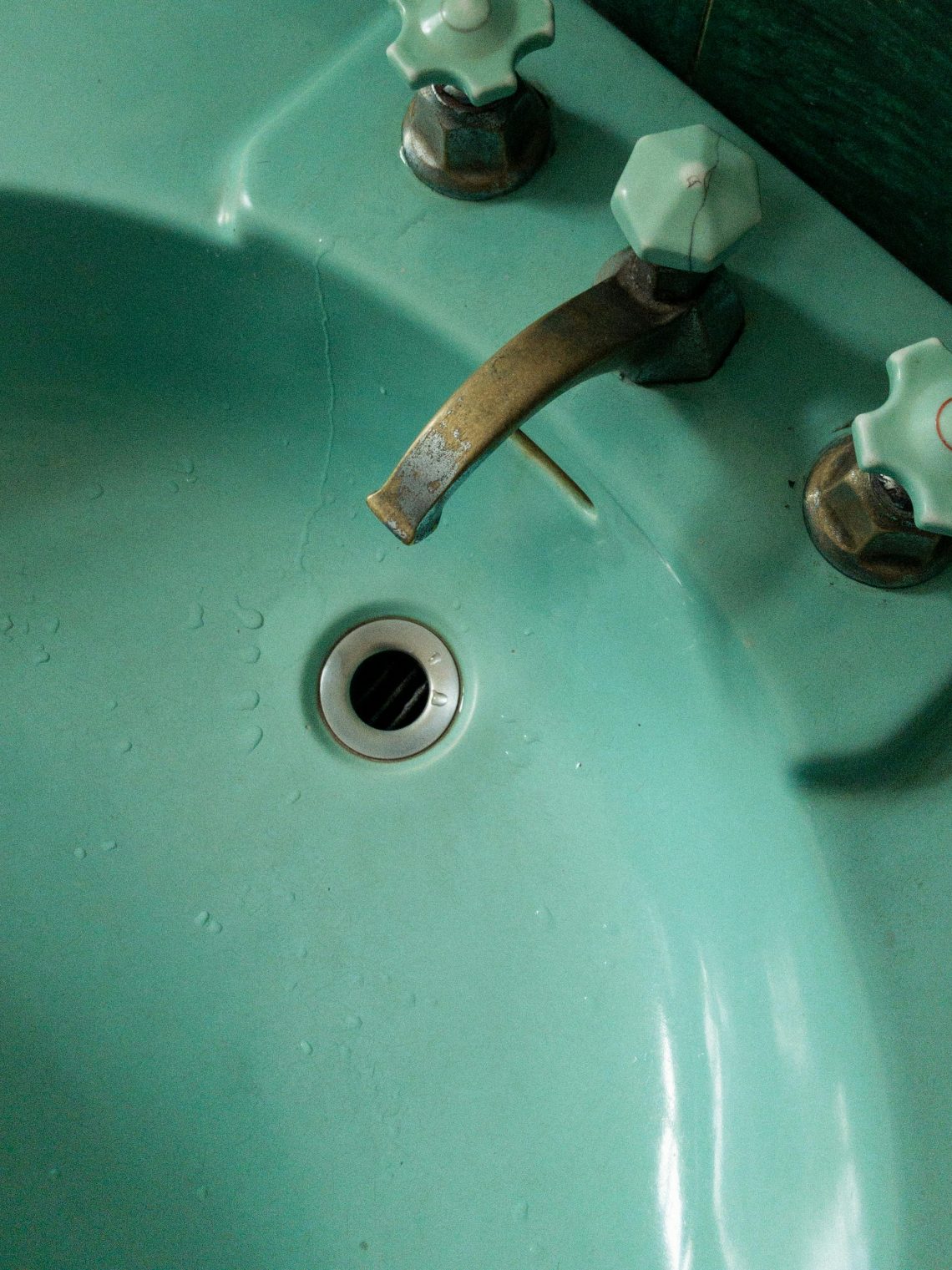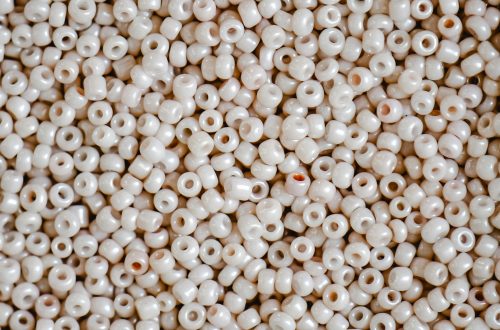Rusty faucets can be an eyesore in any kitchen or bathroom, making even the cleanest spaces look neglected. Over time, mineral deposits, hard water, and oxidation can cause unsightly stains and discoloration. The good news? You don’t need expensive cleaners or professional help to restore your faucets to their former glory. With a few simple household ingredients and minimal effort, you can easily remove rust and bring back the shine. Here are some easy hacks to clean rusty faucets effectively.
Why Do Faucets Rust?
Before diving into cleaning methods, it’s helpful to understand why faucets rust in the first place. Rust forms when iron or metal components are exposed to moisture and oxygen over time. In bathrooms and kitchens, constant water exposure accelerates this process. Hard water—water with high mineral content—can also leave deposits that corrode metal surfaces. Poor-quality faucets or those with damaged finishes are more prone to rusting. Knowing the cause can help you prevent future rust buildup.
Simple Household Ingredients to Clean Rust
You don’t need harsh chemicals to tackle rust—common household items can work wonders. Here are some effective ingredients:
- White vinegar: Its acidity dissolves rust and mineral deposits.
- Baking soda: Acts as a gentle abrasive to scrub away stains.
- Lemon juice: Contains citric acid, which breaks down rust.
- Salt: Enhances the scrubbing power when combined with lemon or vinegar.
- Dish soap: Helps lift grime and grease.
Step-by-Step Cleaning Methods
1. Vinegar and Baking Soda Paste
This powerful combo is perfect for stubborn rust stains.
- Mix equal parts white vinegar and baking soda to form a thick paste.
- Apply the paste to the rusty areas of the faucet.
- Let it sit for 15-20 minutes to break down the rust.
- Scrub gently with an old toothbrush or soft cloth.
- Rinse with warm water and dry with a microfiber cloth.
2. Lemon and Salt Scrub
Lemon’s natural acidity makes it a great rust remover.
- Cut a lemon in half and dip the cut side in salt.
- Rub the lemon over the rusted areas, applying slight pressure.
- Let the juice sit for 5-10 minutes.
- Scrub with a soft brush or cloth, then rinse thoroughly.
3. Soaking with Vinegar
For heavily rusted faucets, soaking may be necessary.
- Soak a cloth or paper towel in white vinegar.
- Wrap it around the faucet, ensuring full coverage of rusty spots.
- Leave it for an hour or overnight for tough stains.
- Remove the cloth and scrub any remaining rust.
- Rinse and dry the faucet.
Preventing Future Rust Buildup
Once your faucet is clean, take steps to keep it rust-free:
- Dry faucets regularly: Wipe them down after use to prevent moisture buildup.
- Use a water softener: If you have hard water, a softener can reduce mineral deposits.
- Apply a protective coating: A thin layer of car wax or olive oil can repel water.
- Inspect for damage: Fix any chips or scratches in the finish to prevent rust from forming.
When to Replace a Rusty Faucet
While cleaning can restore many faucets, some may be beyond repair. Consider replacing your faucet if:
- The rust has caused leaks or structural damage.
- Cleaning methods no longer improve its appearance.
- The faucet is very old and corroded internally.
Investing in a high-quality, rust-resistant faucet can save you time and effort in the long run.
With these easy hacks, rusty faucets don’t have to be a permanent problem. A little vinegar, lemon, or baking soda can go a long way in restoring shine and keeping your fixtures looking new. Regular maintenance will help prevent future rust, ensuring your faucets stay sparkling for years to come.






